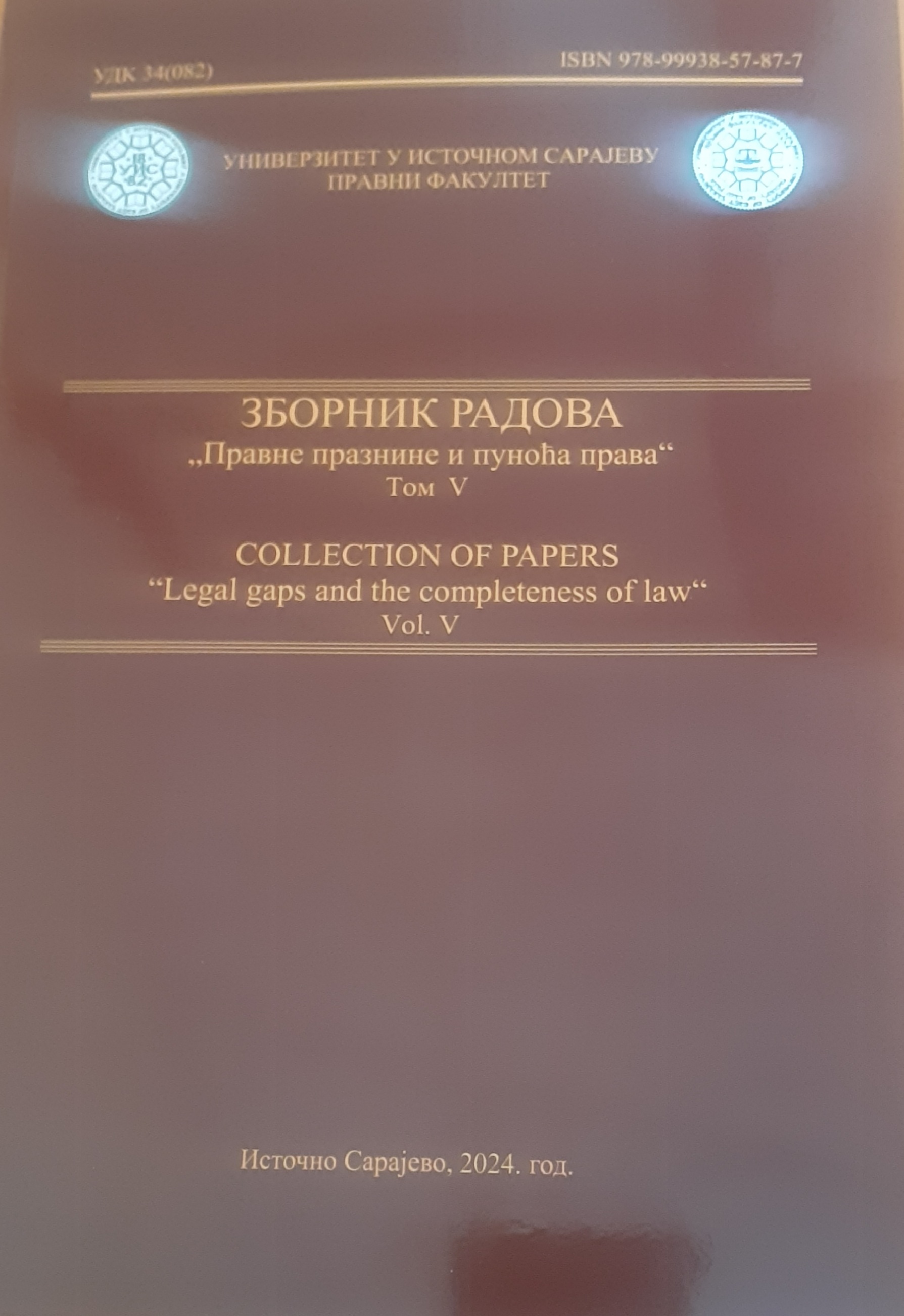Аграрно питање у Босни и Херцеговини за време аустроугарске управе
Agrarian Question in Bosnia and Herzegovina During the Austrian-Hungarian Administration
Author(s): Sanja Savić
Subject(s): Law, Constitution, Jurisprudence, Agriculture, History of Law, Economic history, Political history, Social history, 19th Century
Published by: Правни факултет Универзитета у Источном Сарајеву
Keywords: Bosnia and Herzegovina; Austro-Hungarian rule; The agrarian issue; the Parliament;
Summary/Abstract: Although unresolved agrarian relations in Bosnia and Herzegovina and the conflicts that broke out on that occasion served Austria-Hungary as an excuse to obtain a mandate for occupation at the Berlin Congress, Article XXV of the Berlin Treaty did not formally obliged the Monarchy to resolve this issue. The occupation administration decided to keep the established agrarian relations and Ottoman agrarian regulations. Because it was between two irreconcilable sides, the Austro-Hungarian administration looked at the agrarian question exclusively from a political standpoint. However, for the interested parties, it represented the most significant economic-social, national, and confessional issue. Therefore, the agrarian question represented a suitable tool for creating intolerance among the population of Bosnia and Herzegovina, which the Austro-Hungarian administration successfully used for its goals. The importance of the agrarian issue was also understood by the political parties formed at the beginning of the 20th century in Bosnia and Herzegovina, and it represented one of the most important issues in their political activity. Petar Kočić particularly stood out in the work on its solution. The agrarian issue came before the Bosnian-Herzegovinian Parliament after the government submitted a draft law on the optional settlement of the agrarian relations. The resolution of the agrarian issue was significant not only for its impact on economic and social relations, but also for the political realignments it sparked. This issue was the biggest stumbling block in the cooperation between Serbs and Muslims. On the other hand, the existence of a significant number of serfs among the Catholics should have united Serbian and Croatian politics in the fight for the compulsory purchase of serfs. Political tactics, however, took politics in Bosnia and Herzegovina in a completely different direction. A Croat-Muslim pact is created, and the Serbian Parliamentary Club disintegrates precisely because of internal contradictions regarding the way in which the agrarian issue will be resolved. Despite the differing positions of the Serbian and Muslim parliamentary groups, the regime managed to form the necessary majority in Parliament during the vote. Aside from Croats and Muslims, the law is also supported by some Serbian deputies. The government believed that with a lower interest rate, it would provide the serf with more favorable conditions for redemption, which would further lead to the creation of a free peasant class that would be able to develop agriculture in the county. Solving the agrarian issue by voluntary redemption showed that the Muslims were guided by their economic calculation. Their relations with Serbs and Croats during parliamentary work were motivated solely by the desire to preserve old privileges.
Book: Зборник радова "Правне празнине и пуноћа права" Том V
- Page Range: 78-96
- Page Count: 19
- Publication Year: 2024
- Language: Serbian
- Content File-PDF

